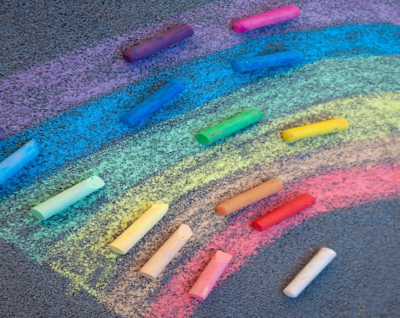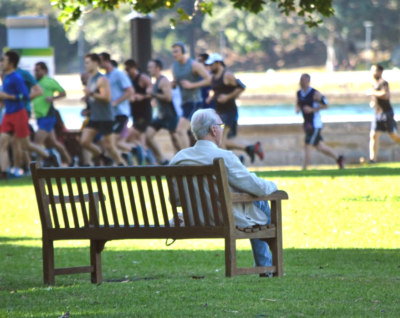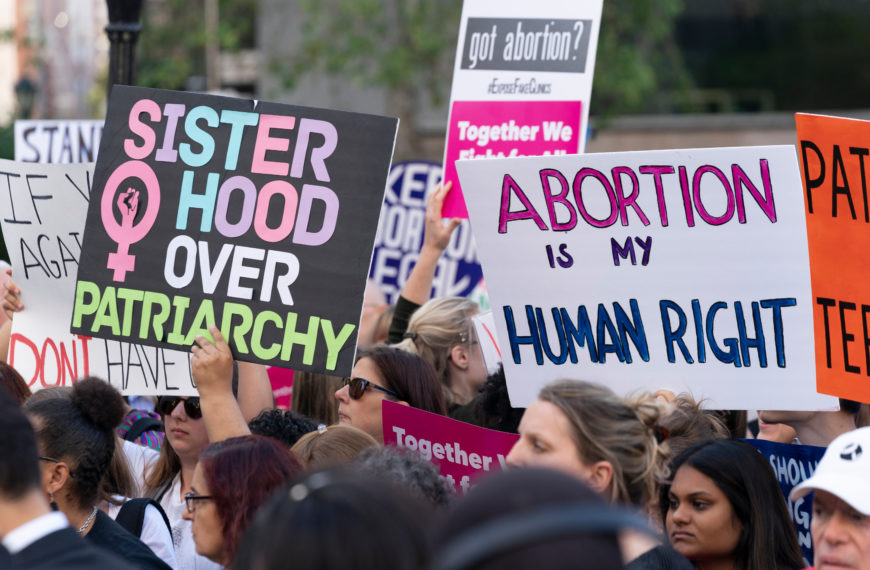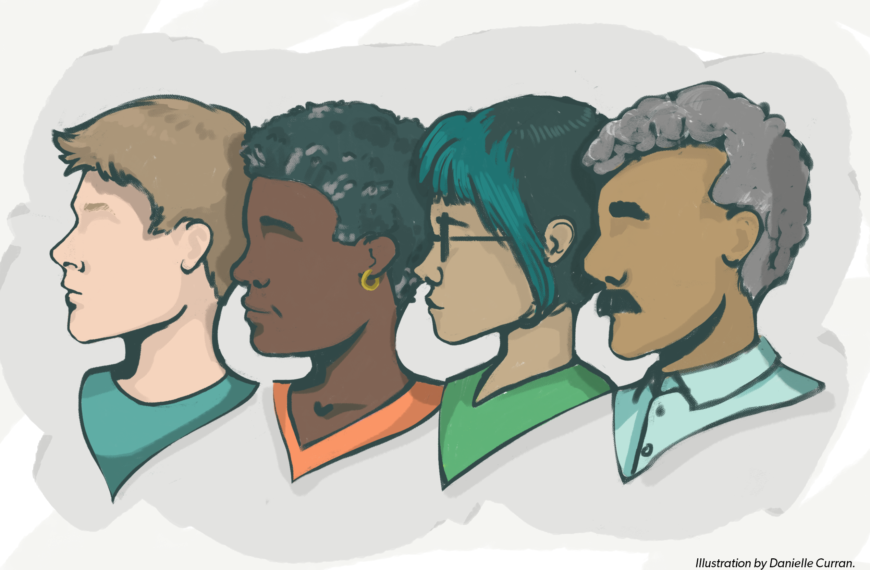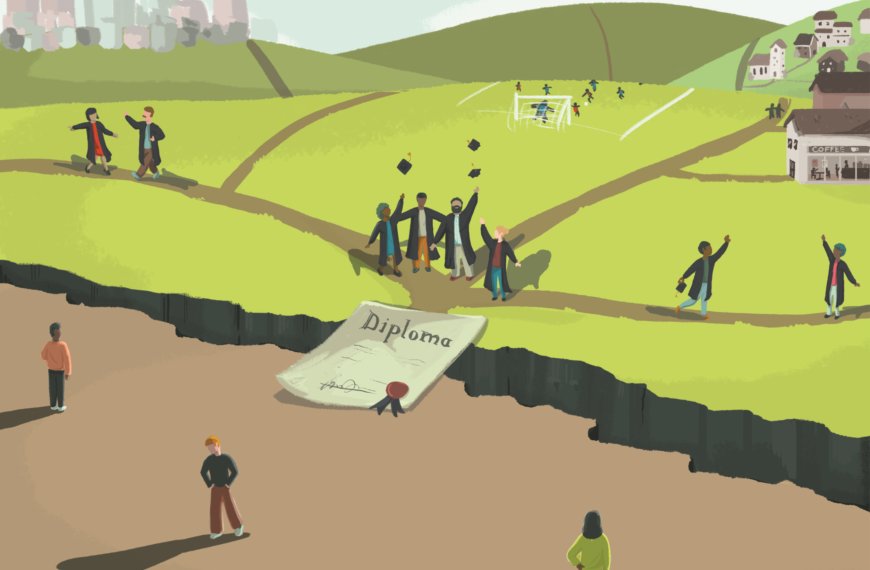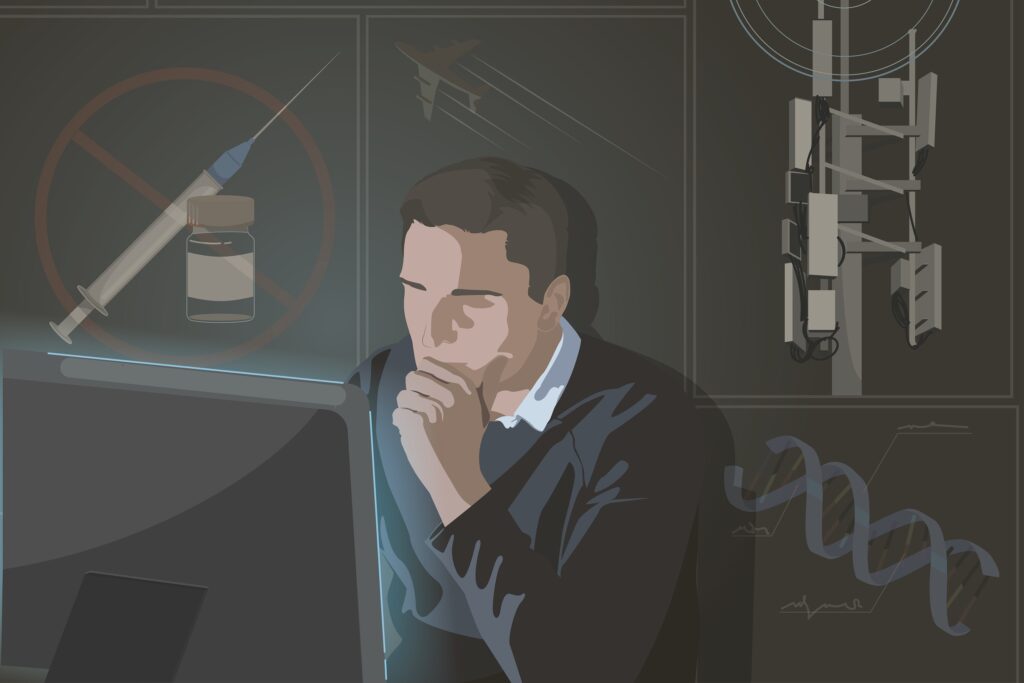
America’s Crisis of Confidence: Rising Mistrust, Conspiracies, and Vaccine Hesitancy After COVID-19
Findings from the May 2023 American Perspectives Survey
America is experiencing a crosscutting crisis of expertise and scientific distrust accelerated by the COVID-19 pandemic that poses significant challenges to democratic debate and public decision-making.
Latest Research
Should Teachers or Parents Have More Influence Over Education Decisions?
Public Still at Odds About LGBTQ Issues in Public School
Yes, Having More Friends is Better
What Matters for Living a Fulfilling Life
Men’s Social Circles are Shrinking
Is Social Isolation Hampering the Vaccine Rollout?
Featured Graphic
The unsubstantiated claim of voter fraud is widely held among Republicans with nearly two-thirds (65 percent) of Republicans say the statement “there was widespread fraud in the 2020 election” is mostly or completely accurate, a view shared by only 22 percent of independents and 2 percent of Democrats.
Americans expressed greater agreement about the existence of fraud in the 2016 presidential election. Eighteen percent of Democrats, 20 percent of independents, and 27 percent of Republicans believe there was evidence of election fraud in 2016.
Survey Reports
Dating in the Trump era: How politics is changing romance | IN 60 SECONDS
Partisan politics of the Trump era have become a part of daily life, often serving as a point of contention in basic social interactions — and new survey results show that it’s affecting our dating lives as well. AEI’s Jacqueline Clemence explains.


